Class 3/4 Steiner
Celebrating Learning

Class 3/4 Steiner
Celebrating Learning
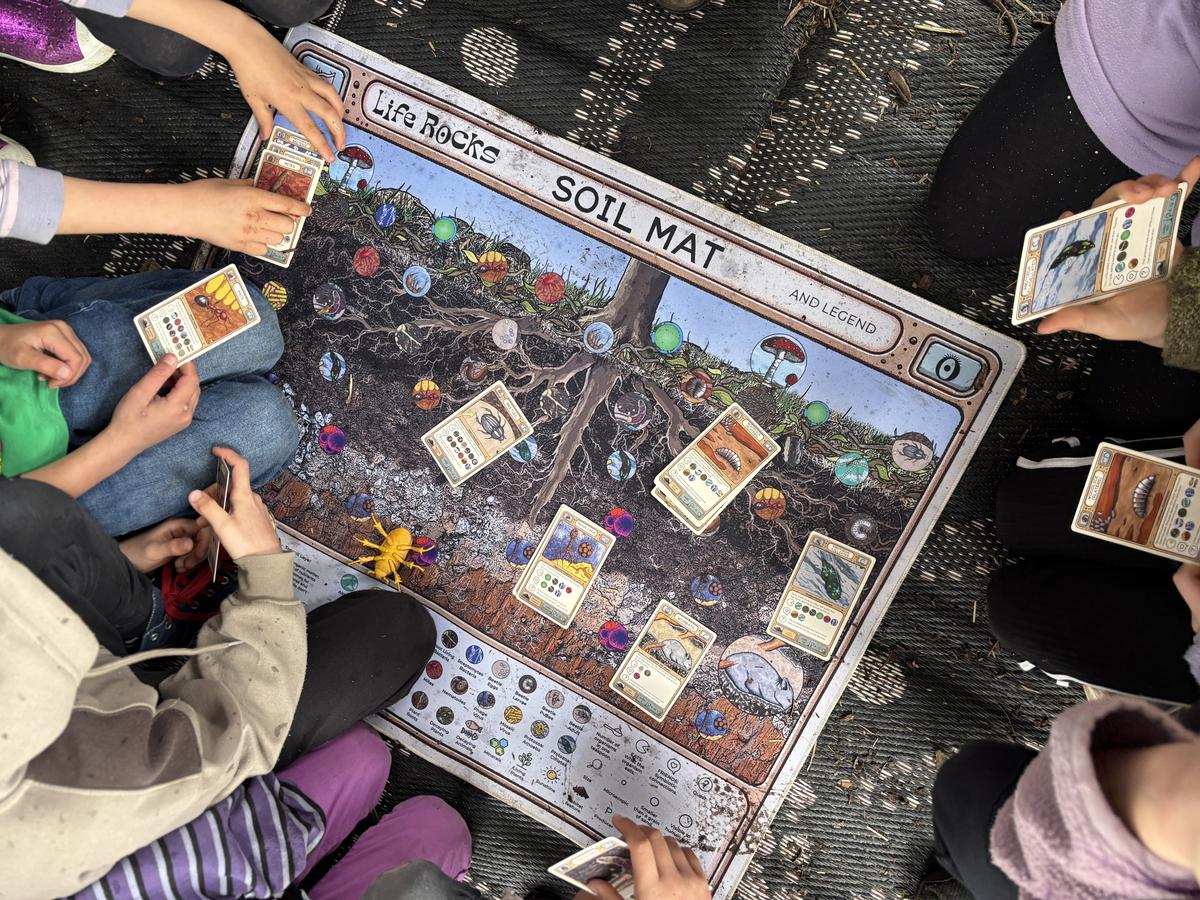

What we’ve been up to:
Over the past fortnight we’ve been working through the ‘Talking the Talk’ program about human sexuality. Students have revisited body bubbles, identified their safety networks, labelled body parts using scientific names, identified puberty changes that bodies go through, and discussed the meaning of consent. We’ve been having lots of fantastic discussions and students have been really engaged throughout these lessons.
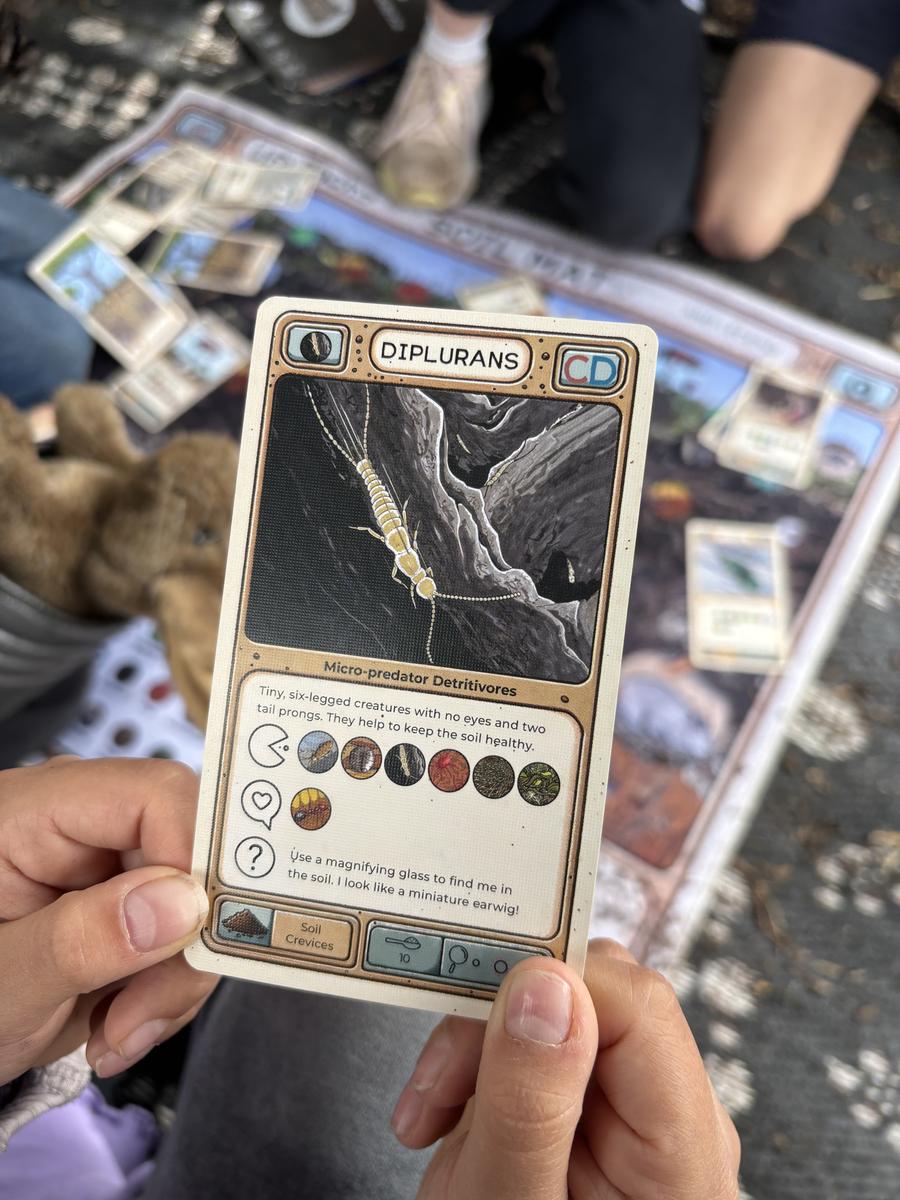
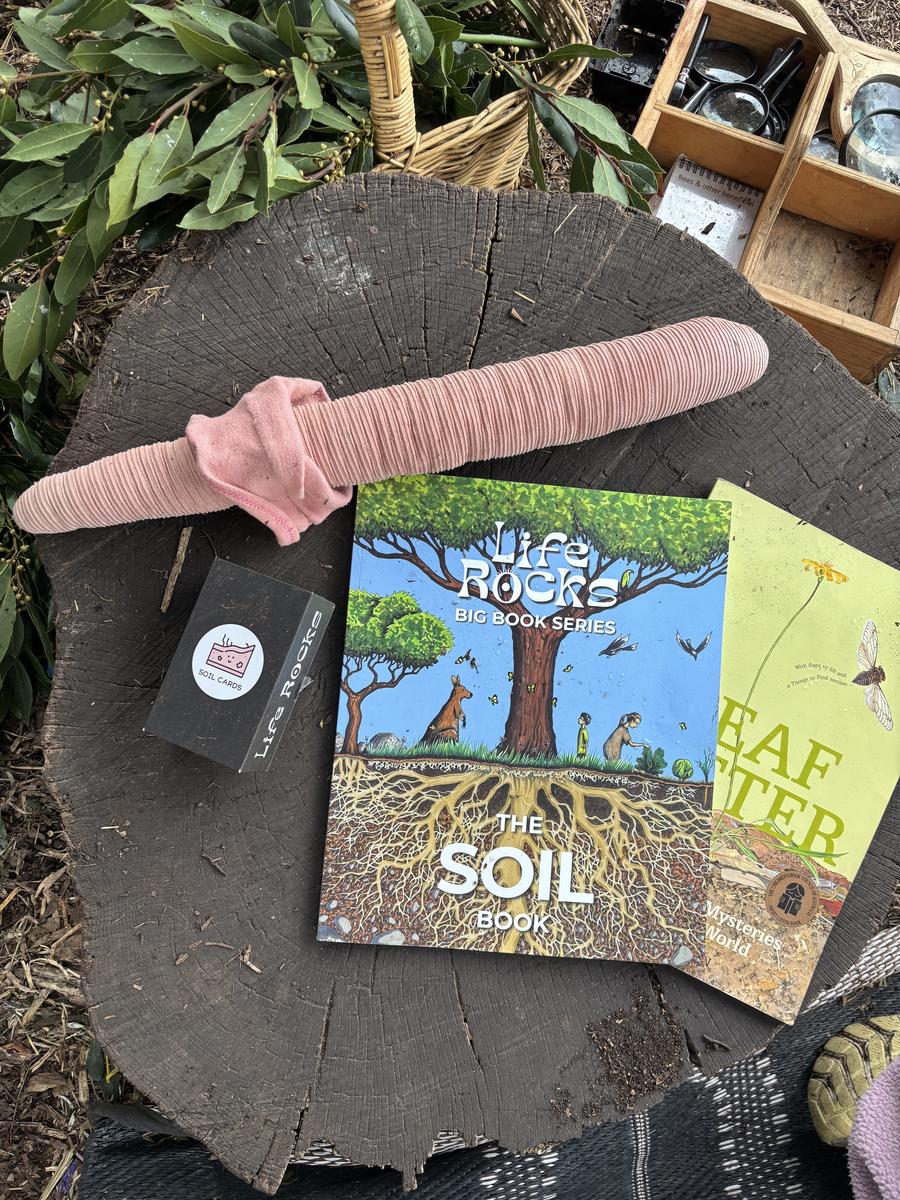


As part of Indigenous Literacy Day, the Indigenous Literacy Foundation invited students to watch a live stream that took them on an adventure through three remote Aboriginal Communities to learn about the diverse ways storytelling makes their communities strong. These stories celebrated traditional language, bush medicine, and how knowledge is shared through storytelling.
In gardening, we explored food chains and how organisms connect with each other. We’ve wrapped up an action-packed fortnight today with an excursion to Hamer Hall for an interactive musical adventure by Melbourne Symphony Orchestra.
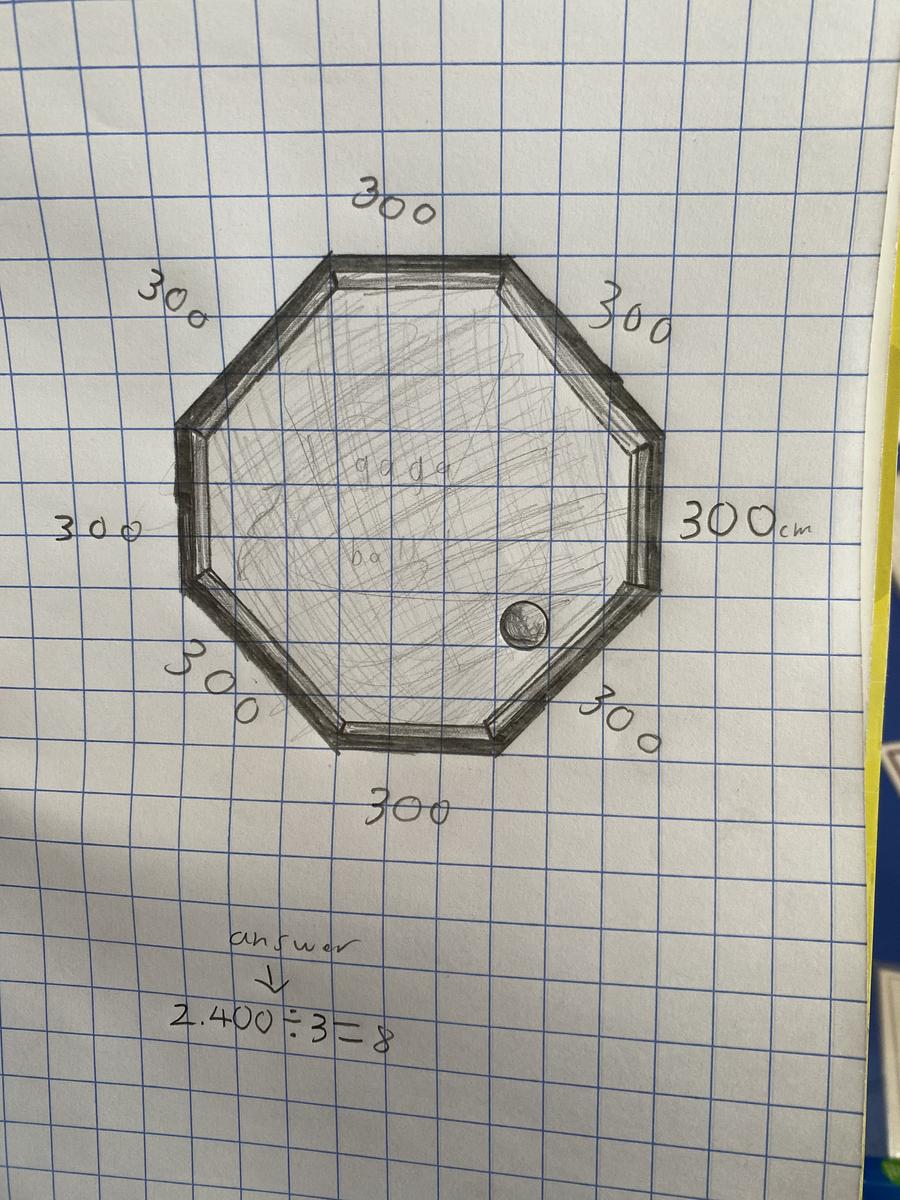
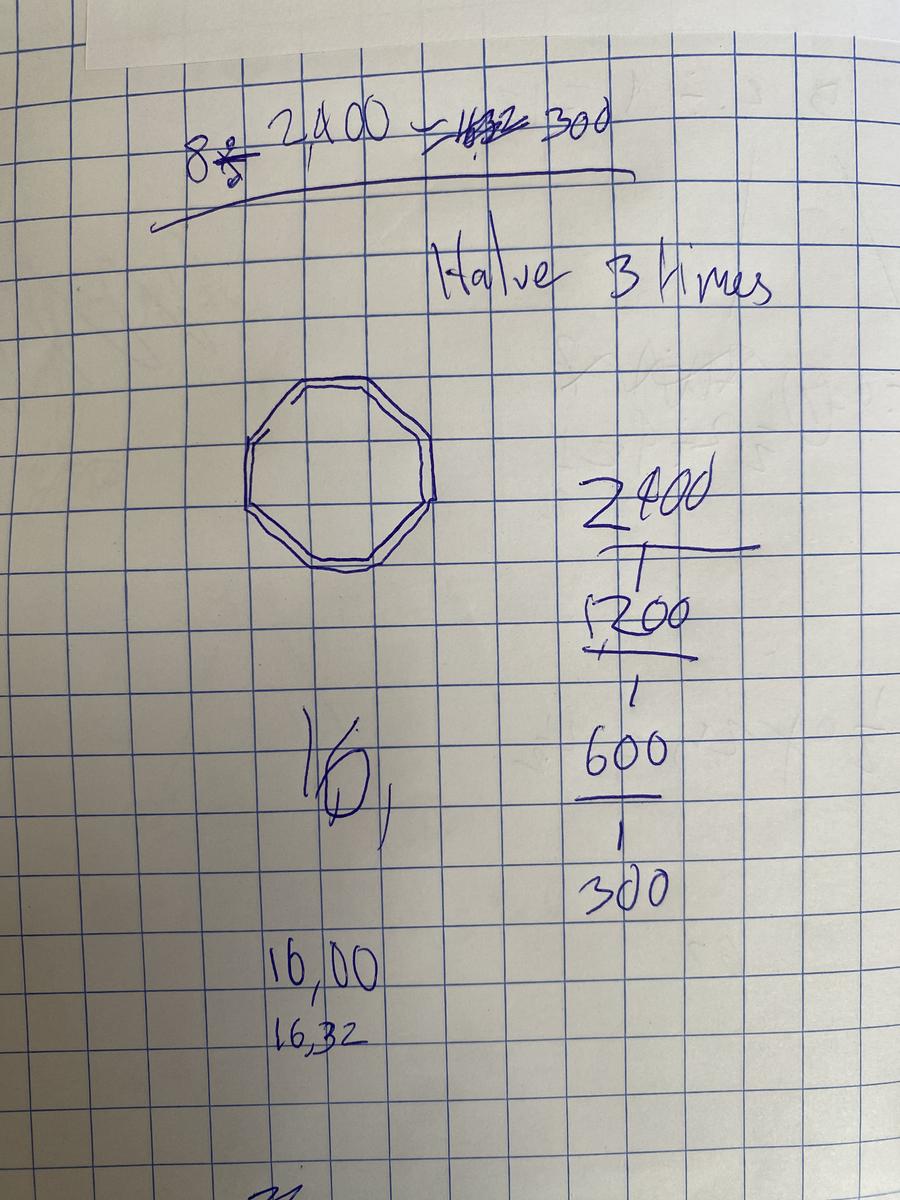


Maths
In Maths, students have continued their work in Multiplication and Division, with a focus on estimation and systematically solving maths problems. Students have been utilising partitioning to break down more complex worded problems. Partitioning has enabled students to simplify equations into more comprehensible parts, allowing for easier manipulation and understanding.
Students have been continuing their work on Multiplication and Division, with a particular focus on building confidence and flexibility with the 4, 8, 7, and 9 times tables. Alongside developing multiplication fluency, they have explored a range of division strategies, including the “half and half again” method, to strengthen their understanding of number relationships and promote efficient mental strategies.
Students have also been learning to estimate answers before calculating, using their knowledge of known multiplication facts. This approach encourages them to think flexibly about numbers and develop a stronger sense of number reasonableness. By estimating first, students are better equipped to check the accuracy of their final answers and build confidence in their problem-solving skills.
Each week, students have continued to participate in our ‘Fast Fact Friday’ challenge, which provides regular opportunities to practise and improve their speed and recall of multiplication facts. These weekly challenges have remained a highlight, with students showing high levels of engagement, and many demonstrating noticeable improvements in both accuracy and confidence as they build fluency.
Literacy
As we wrapped up our history unit, students finalised and presented their speaking and listening major projects to their peers. Their research was showcased in a variety of formats, including PowerPoint presentations, posters, and even theatrical performances. Classmates also prepared thoughtful, ‘thick’ questions to challenge the presenters at the end of each session. The presenters responded confidently on the spot, demonstrating impressive depth of knowledge about their chosen topics.
What’s coming up:
Things families can talk about at home: